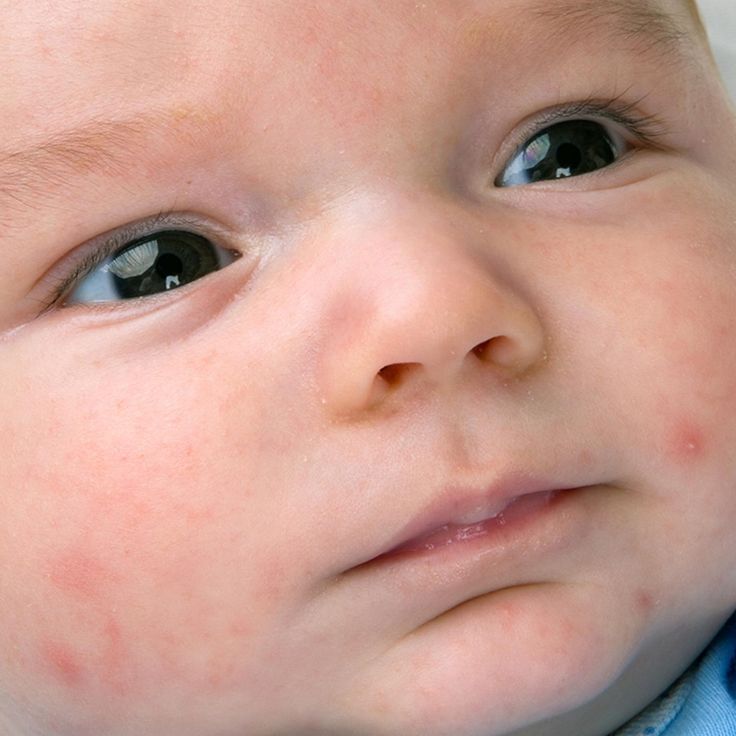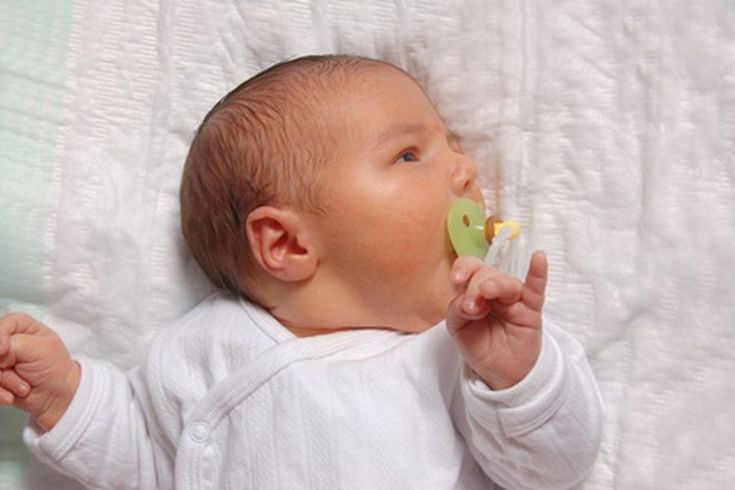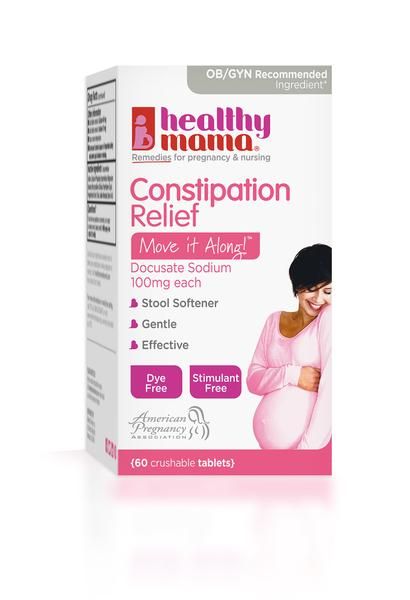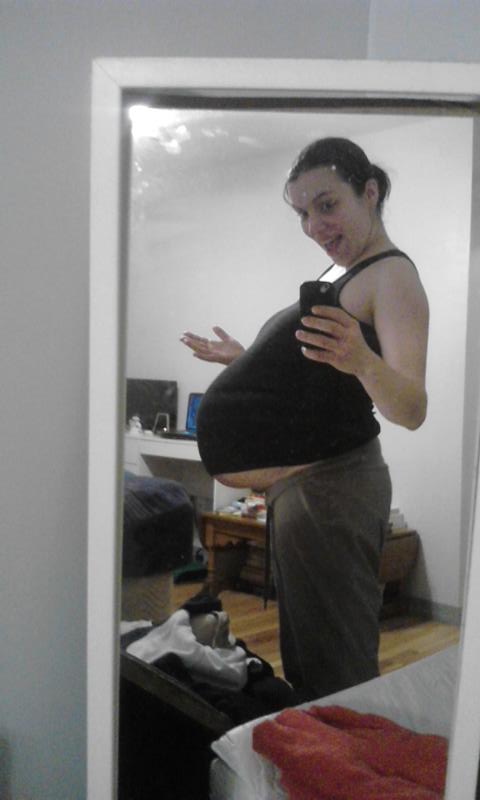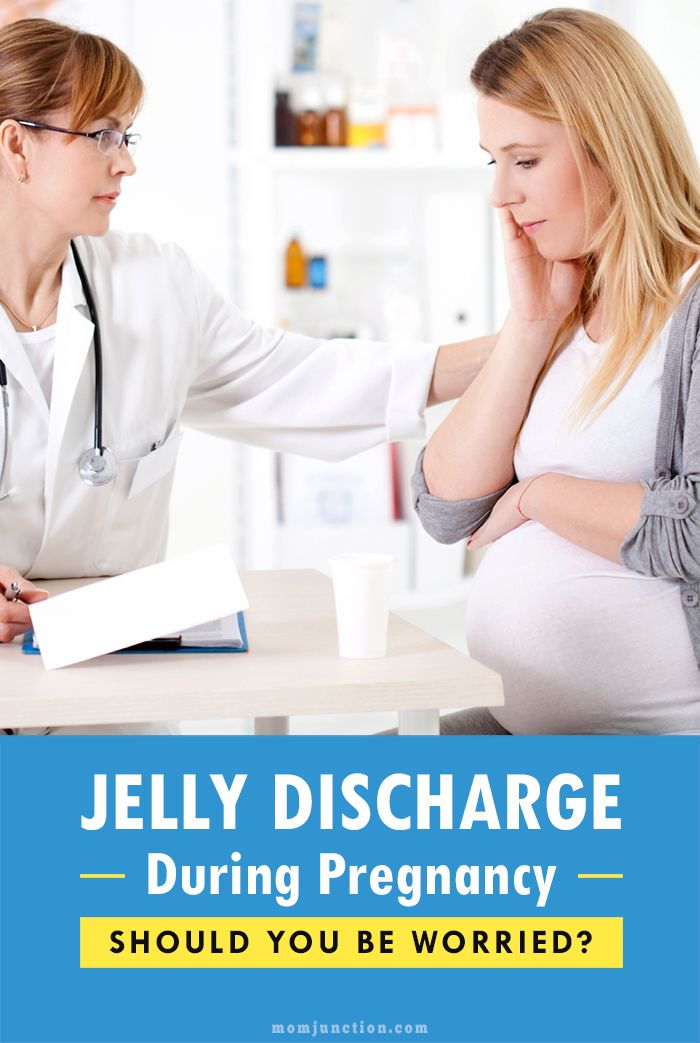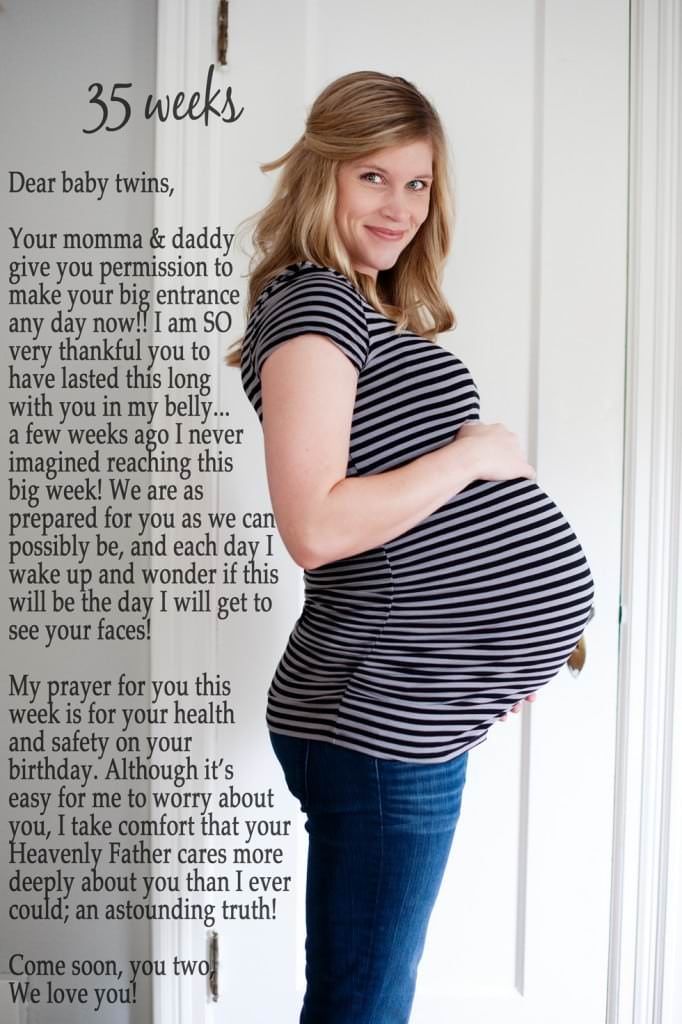Can you get pregnant 24 hours after ovulation
How many days after ovulation can you get pregnant?
It is possible to become pregnant after ovulation. When a person has sex within 12–24 hours after the release of a mature egg, there is a high chance of conceiving.
Ovulation occurs when one of the ovaries releases a mature egg. This is the time when the body is ready to receive sperm for fertilization.
If fertilization does not occur, the egg disintegrates into the uterine lining. The body will then shed the remains during a person’s monthly period.
Ovulation lasts anywhere from 12–24 hours. After the ovary releases an egg, it survives for about 24 hours before it dies, unless a sperm fertilizes it.
If a person has sex days before or during the ovulation period, there is a high chance of conceiving. This is because sperm can survive up to 5 days in the cervix. Therefore, it is important to understand the fertile window.
The fertile window is the period of time during which it is possible to become pregnant from sex. This is the day of ovulation plus the amount of time that sperm can live inside the cervix before it fertilizes the egg.
According to the American College of Obstetricians and Gynecologists (ACOG), a person can become pregnant if they have sex anywhere from 5 days before until 1 day after ovulation.
Depending on the menstrual cycle, the fertile window may vary from one person to another.
To calculate the fertility window, a person should note the first day of a period until the next period occurs. This timeframe is the menstrual cycle. On average, most people who menstruate have a 28-day cycle.
However, according to the Office on Women’s Health, for some, it may last 21–35 days.
According to the ACOG, ovulation occurs around day 14 of the menstrual cycle.
A person with a 28-day cycle, for example, will have their fertile window 5 days before the ovulation date.
Pregnancy is possible 12–24 hours after ovulation. This is because the released egg can only survive 24 hours before the sperm can no longer fertilize it.
The likelihood of getting pregnant on the days before and after ovulation varies from one person to another.
An older study from 1995 looked at the timing of sexual intercourse in relation to ovulation and the likelihood of conception.
Out of 221 healthy women, there were 192 pregnancies. Researchers concluded they could estimate the odds of becoming pregnant on each day of the fertile window as between 10–33%, depending on the day.
| 5 days before ovulation | 10% |
| 4 days before ovulation | 16% |
| 3 days before ovulation | 14% |
| 2 days before ovulation | 27% |
| 1 day before ovulation | 31% |
| Ovulation day | 33% |
The same study authors also note there could be a 12% chance of conceiving on either day 7 before ovulation and the day after ovulation.
However, the chances of becoming pregnant before or after ovulation depend on several factors, including:
- age
- frequency of sexual intercourse
- menstrual cycle
For those trying to conceive, tracking ovulation is crucial to ensure they identify the most fertile days in the menstrual cycle.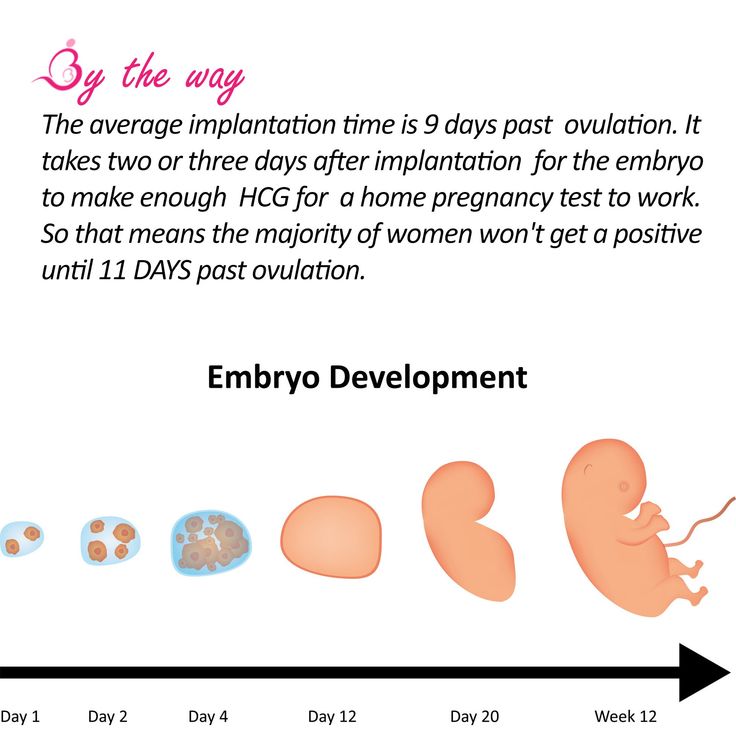
Here are some of the methods a person can use to track or predict ovulation.
Basal body temperature charting
Basal body temperature (BBT) is the temperature when the body is at rest.
Charting BBT for a series of months by measuring every morning after waking up will help predict ovulation.
During or when ovulation approaches, there is a slight increase in BBT. A person can use a digital thermometer to track these small changes in temperature.
Monitoring BBT can help tell when ovulation occurs and therefore predict the days in the cycle when pregnancy is possible.
Ovulation predictor kits
Using ovulation predictor kits, such as test strips and digital tests, will help measure the level of luteinizing hormone (LH), which usually rises during ovulation.
A person needs to take tests for consecutive days to detect the rise in LH.
Once they notice a consistent rise, experts recommend having sex daily for the next couple of days to increase the chances of pregnancy.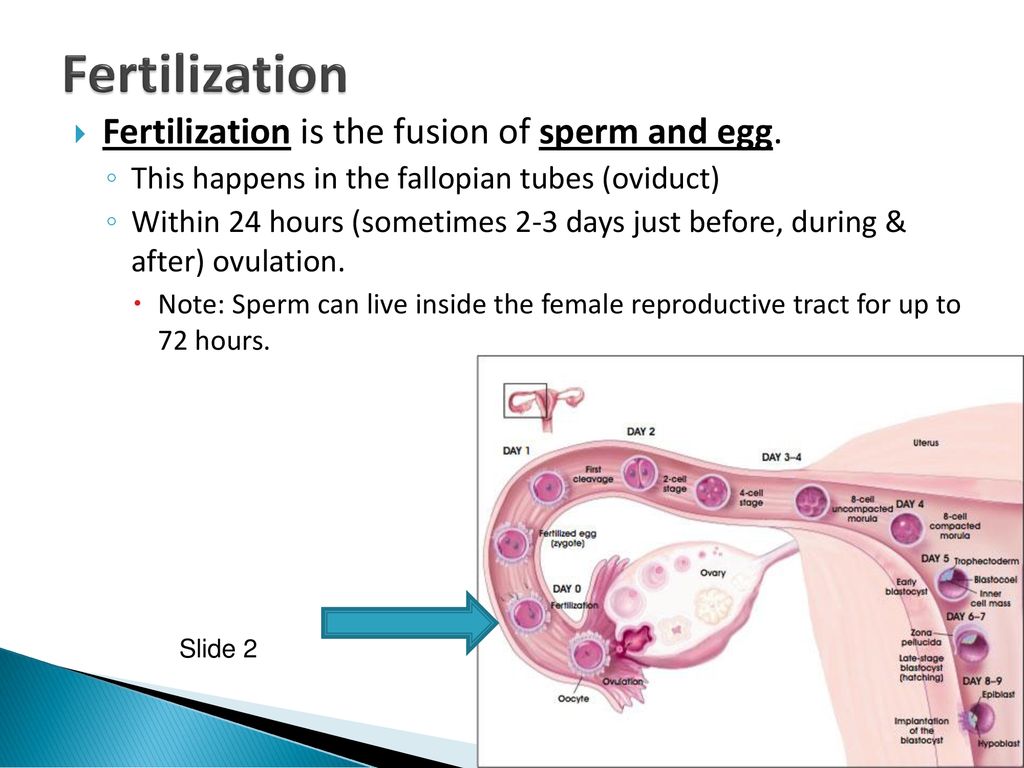
Cycle charting apps
Several cycle apps, such as the Clue period tracker and Flo period ovulation tracker, can help calculate the ovulation period and fertile window.
Charting ovulation using these apps will indicate the ovulation date and days when a person’s body is most fertile.
Fertility monitors
For people trying to conceive or wishing to avoid pregnancy, using fertility monitors to track ovulation can help people plan intercourse.
Fertility monitors work by measuring significant body changes, such as BBT, heart rate, and breathing.
By compiling this data, the fertility monitor can predict the fertile window.
Cervical mucus method
Observing cervical mucus can give an idea of when a person may be ovulating.
When ovulation approaches, the cervical mucus changes to a thin, clear, stringy, slippery consistency. It may look similar to raw egg whites.
The mucus allows the sperm to swim to the released egg during intercourse.
Ideally, this is the ideal time to have sex due to the high chances of becoming pregnant.
Watching ovulation signs, such as a slight increase in BBT, changes in cervical mucus, and increased sex drive, can help determine the best time to have sex to boost chances of becoming pregnant.
In addition, having sex during the fertile window increases the chances of conception. During this timeframe, the body is ready to receive sperm for fertilization.
On average, a menstrual cycle lasts between 21–35 days.
An irregular cycle or absent cycle that lasts fewer than 21 days or more than 35 days, can mean that a person is not ovulating.
A person should speak with a doctor if they do not become pregnant after 1 year of trying to conceive.
Age may also determine when to seek help. People between 35–40 years of age should speak with a doctor after 6 months of trying to get pregnant. For those above 40 years of age, a healthcare professional may run some fertility tests.
A doctor may also test for possible signs of infertility or if a person has ever had repeated miscarriages, pelvic inflammatory disease, endometriosis, prior cancer treatment, or a history of irregular periods.
A person can get pregnant 12–24 hours after ovulation, as a released egg can survive up to 24 hours within the cervix.
For those trying to conceive, it is crucial to understand the menstrual cycle.
Beyond this, a person can use methods, such as BBT charting, cycle charting apps, fertility monitors, changes in cervical mucus, and ovulation predictor kits to boost the chances of pregnancy.
Getting Pregnant After Ovulation | American Pregnancy Association
The key to getting pregnant (or preventing pregnancy) is to understand your ovulation cycle. Ovulation is when a mature egg is released from one of the ovaries, which usually takes place near the 14th day of a 28-day cycle. However, the 14th day is only an average. In reality, a woman with a 28-day cycle may ovulate one of the days between the 11th and 21st cycle day (the first day of your period is cycle day 1).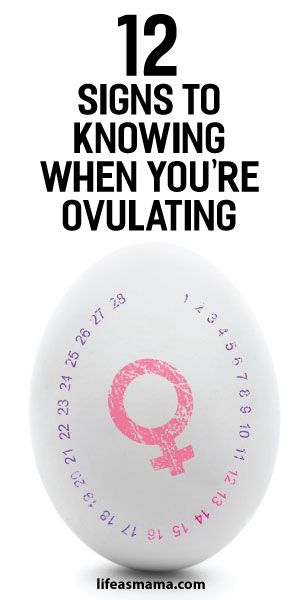 We call these 10 days your “fertility window.”
We call these 10 days your “fertility window.”
As a woman, it is important that you keep track of your cycle; otherwise, it is nearly impossible to know when you are most likely to ovulate. A typical cycle is measured by the first day of your period to the first day of your next period, with the average being 28-32 days. If you are like me, this isn’t always cut in stone. Everybody is different. Discover your Fertility Window in seconds with the APA ovulation calendar.
Ovulation is a delicate hormonal process of the female reproductive system governed by five main hormones. Each hormone triggers one another, coordinating the development and release of an egg from the ovaries.
This is a simple yet complex process that creates a monthly cycle.
Three hormones are produced in the brain, the Gonadotrophin-releasing hormone (GnRH), follicle-stimulating hormone (FSH) and luteinizing hormone (LH). While the other two hormones estrogen and progesterone, are made in the ovaries.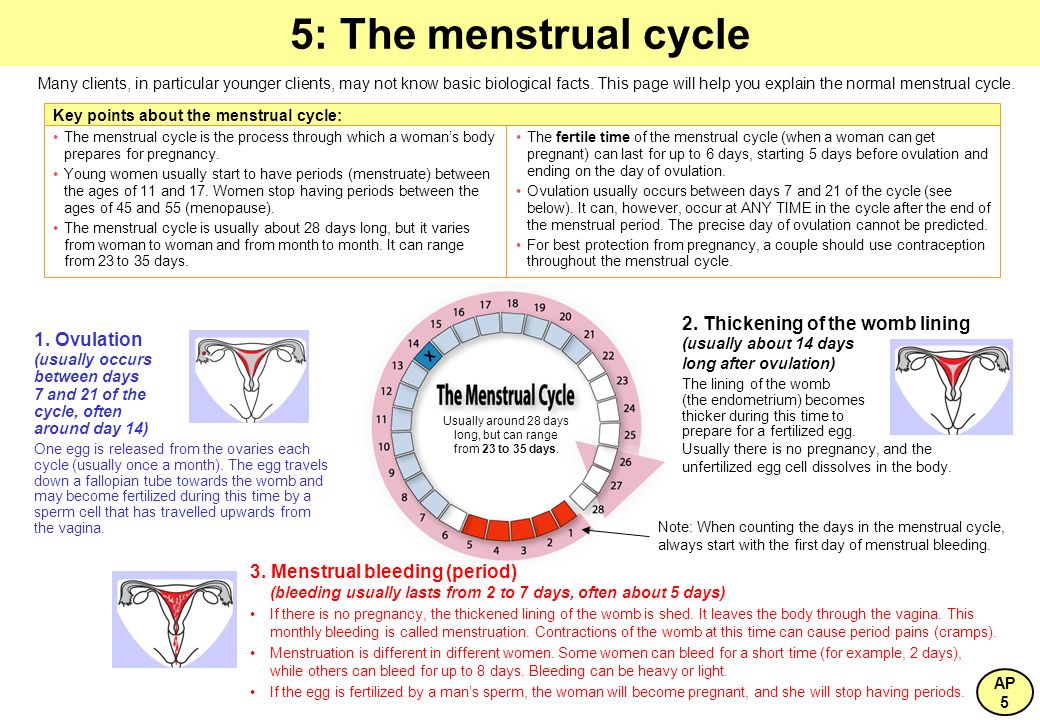
Pregnancy After Ovulation
Getting pregnant after ovulation is possible, but is limited to the 12-24 hours after your egg has been released. Cervical mucus helps sperm live up to 5 days in a woman’s body, and it takes around 6 hours for active sperm to reach the fallopian tubes. If the sperm is there when or shortly after an egg is released, you can quickly become pregnant in the day after ovulation.
What Affects Ovulation?
Our bodies are programmed to function like self-healing machines. However, every person has a different genetic makeup and is exposed to different environmental factors. Both genetics and outside factors may affect these reproductive hormone levels, which can impact your chance to conceive. If you believe you are facing infertility, remember that you have options and that you are not alone.
According to a survey taken in 2015 by the Reproductive Medicine Associates of New Jersey,
There has been a 65% increase in IVF since 2003.
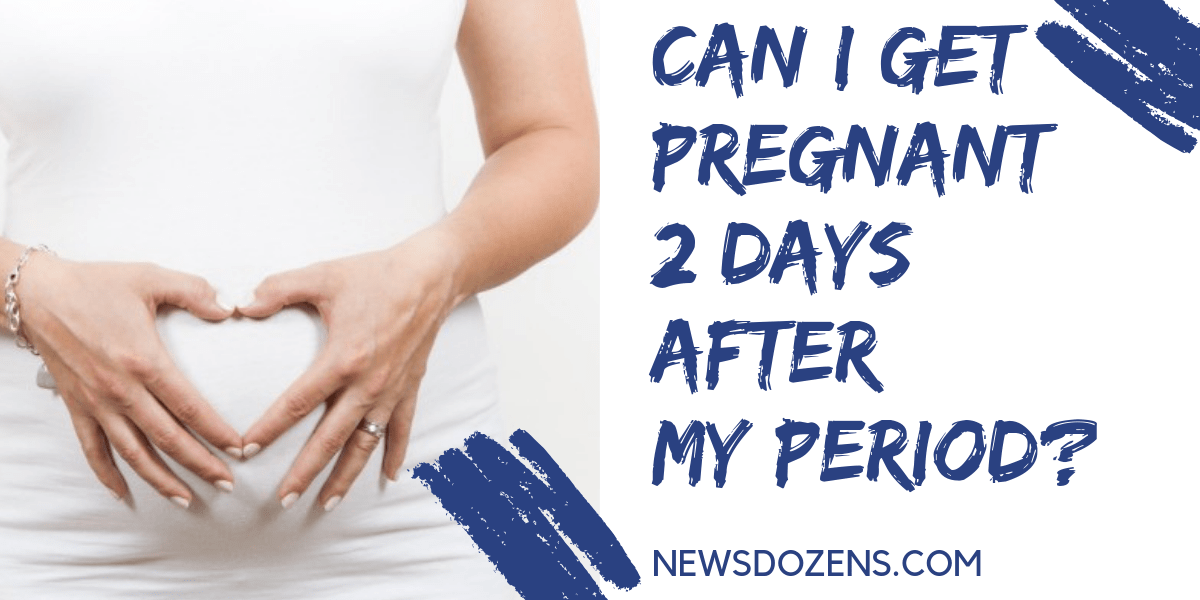
Some environmental factors that affect ovulation:
- Stress can play a big role in ovulation irregularities. Practice stress-relieving exercises like deep breathing, gentle exercise, stretching, yoga, meditation, and positive affirmations.
- A healthy and balanced diet is another big factor. If your dietary needs are not being met, your hormones and ovulation can be affected.
- Chemicals in our environment have a large effect on how our bodies work. According to a study published in 2003 by Environmental Health Perspectives, “industrial compounds can decrease a couple’s ability to have children by up to 29%”.
Do You Need Help?
Every pregnancy is a blessing of a new life. Whether you are trying to conceive or attempting to avoid getting pregnant, knowing more about ovulation and your cycle can be extremely helpful.
No matter the situation you may be facing, you are NOT ALONE. Everyone has a different story, yet many of us have similar circumstances. Together we can help each other gain understanding and strength!
Together we can help each other gain understanding and strength!
If you want to pin down the day that you ovulate, it is a good idea to purchase some ovulation predictor kits (OPKs). These are tests similar to a urine pregnancy test, but instead of testing for the pregnancy hormone (hCG), they test for other hormones that peak at the time of ovulation. If you are trying to conceive, these OPKs can be very helpful so that you know the best time to plan intercourse.
If you think you are having symptoms of pregnancy, check out our article on the signs of pregnancy.
If you are wondering when you can take a pregnancy test, the American Pregnancy Association suggests waiting until the first day of your expected period. The best time to test is in the morning, with the first morning’s urine. This is when the urine should be the most concentrated and most able to give you a correct response.
Want to Know More?
- Ovulation: Frequently Asked Questions
- Ovulation Kits and Fertility Monitors
- How to Get Pregnant
Ovulation and pregnancy | Huggies® Official Website
PreviousNext
- How does ovulation and fertilization occur?
- When does pregnancy occur? Right after ovulation?
- So how do you calculate ovulation?
- What should be the sensations after ovulation?
- When will signs of pregnancy appear after ovulation and conception?
- Why did not conception occur after ovulation?
Contents:
Ovulation is a special event. It means that a woman has begun a period in which she can give a new life. How to calculate the date of ovulation? What are the best days for getting pregnant? How long after ovulation does conception occur? We answer the questions of expectant mothers.
It means that a woman has begun a period in which she can give a new life. How to calculate the date of ovulation? What are the best days for getting pregnant? How long after ovulation does conception occur? We answer the questions of expectant mothers.
How does ovulation and fertilization occur?
In the first phase of the menstrual cycle, follicle maturation begins in one of the ovaries. This small vesicle consists of an ovum enclosed in a "shell" of connective tissue. The follicle grows from 1 mm to 12–16 mm 1 and then bursts, releasing the egg into the fallopian tube. This moment is called ovulation.
What happens after ovulation? The egg becomes available for fertilization. For this to happen, there must be enough sperm in the fallopian tube. Contrary to popular belief, the winner will not be the most agile of them all. The ovum is surrounded by a special membrane called the "radiant crown" 2 (sounds very nice, doesn't it?).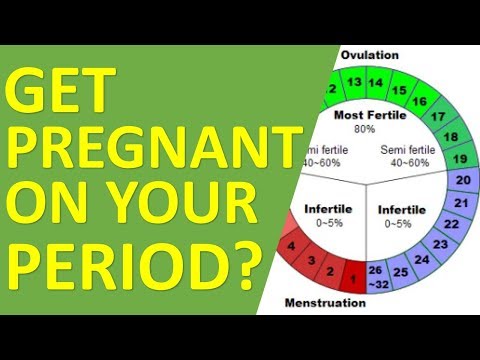 First, many fighters will die trying to destroy the protective shell, and only then one lucky one will get inside and fertilize the egg.
First, many fighters will die trying to destroy the protective shell, and only then one lucky one will get inside and fertilize the egg.
When does pregnancy occur? Right after ovulation?
The period in which a woman can become pregnant does not last very long: the egg cell lives only about 24 hours 3 . This gives us the answer to the question of how long after ovulation conception occurs - at any point in this short period. In particular, fertilization can happen almost immediately if the spermatozoa made their way into the fallopian tube even before the egg is released from the follicle.
Some women report that they did not become pregnant on the day of ovulation, but earlier or later. This is impossible in principle, and they are wrong - it's just that the actual date of this event may not coincide with the calculated one. It is normal if ovulation happened a day or two earlier or later than the plan, and under certain conditions (hormonal changes, stress, and others), it can go beyond this.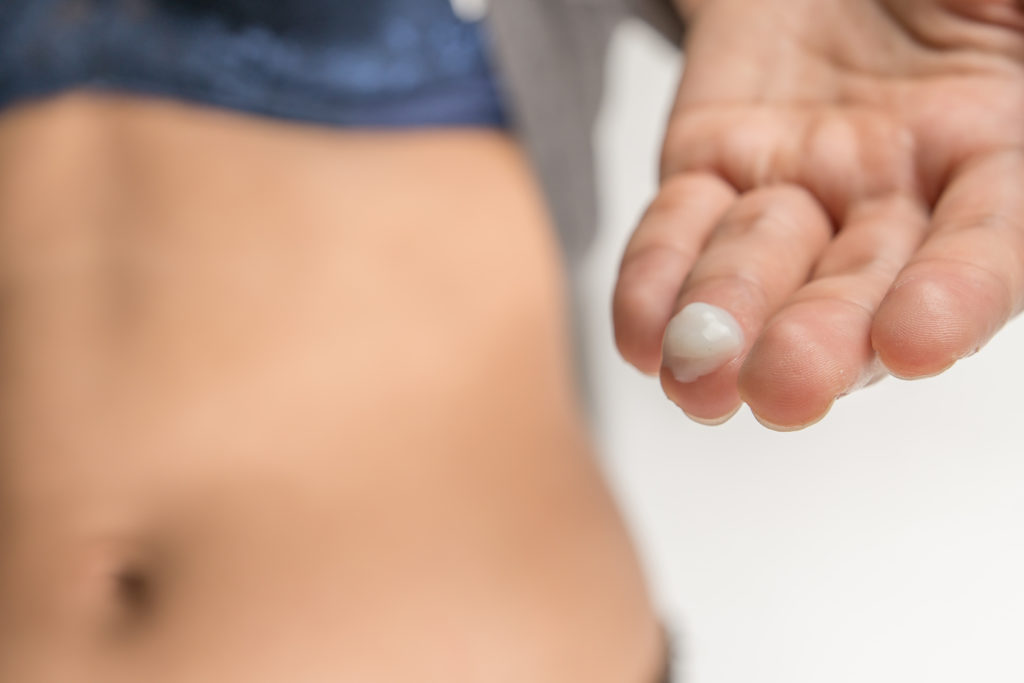 More details in this article.
More details in this article.
So how do you calculate ovulation?
Pregnancy begins after ovulation and fertilization of the egg by sperm. It's up to the small thing - to understand when this important event will happen. Take a calendar and look at our drawing. With it, you can calculate the approximate date of ovulation. But remember, this is just a prediction, and that's why we've drawn high, medium, and low pregnancy probability areas around the central day.
Do not try to get pregnant exactly at ovulation. It is better to cover the entire period of high probability with a “queue”. Start having sex for pregnancy 4 days before the planned date and do it every other day: 4th day before, 2nd day before, day of ovulation, 2nd day after, 4th day after. This will greatly increase your chances of success.
Approximate menstrual cycle schedule. Calculations are given for cycles with a duration of 25 to 31 days.
The ideal menstrual cycle is 28 days.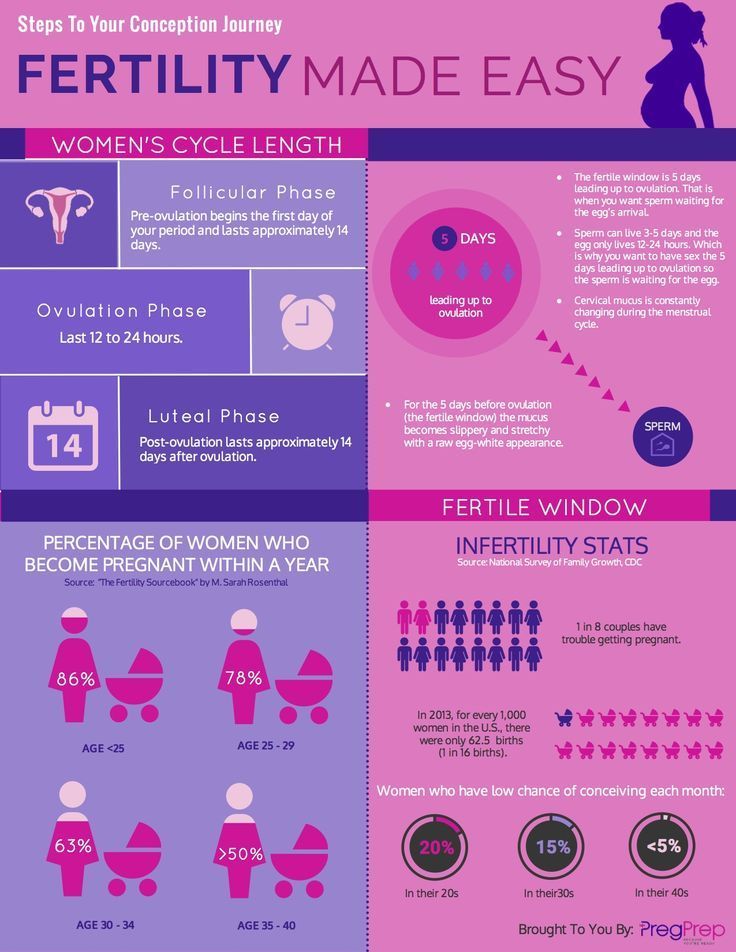 In many articles on conception and ovulation, all the reasoning is built around this textbook case. Indeed, it is very convenient - ovulation in it occurs on the 14th day, dividing the cycle into two equal halves. Life is different from the ideal: the duration of the cycle varies from woman to woman, but usually ranges from 25 to 31 days 4 .
In many articles on conception and ovulation, all the reasoning is built around this textbook case. Indeed, it is very convenient - ovulation in it occurs on the 14th day, dividing the cycle into two equal halves. Life is different from the ideal: the duration of the cycle varies from woman to woman, but usually ranges from 25 to 31 days 4 .
Most likely, you will find your case in this figure, but if your cycle is shorter or longer, there is nothing strange in this - the duration is from 21 to 35 days 5 . The following knowledge will help calculate the day of ovulation: with a change in the length of the cycle, its first part usually decreases or grows, while the second remains unchanged and is always about two weeks. Set aside 14 days back from the planned first day of menstruation - get the approximate day of ovulation.
There are many more signs of ovulation that you can check out in this article.
In terms of conception, the menstrual cycle can be divided into the following phases (shown in the figure):
-
Menstruation.
 Sex during this period can only lead to conception under very unusual circumstances. For now, relax - auspicious days ahead.
Sex during this period can only lead to conception under very unusual circumstances. For now, relax - auspicious days ahead. -
From the end of menstruation to the 6th day to the planned ovulation. The probability of conception at this time is minimal. Most likely, the egg has not only not left the ovary, but has not even matured yet.
-
5 to 3 days before estimated ovulation date. The chance of getting pregnant increases, and there are two reasons for this. Firstly, the real day of ovulation does not always coincide with the calculated one. Secondly, spermatozoa know how to wait. Most of them will die in the vagina within a couple of hours - its acidic environment fights well not only with bacteria. However, those that can penetrate the uterus are able to live up to three, sometimes up to five days 6 .
-
Planned day of ovulation plus or minus two days. During this period, a woman is most fertile. Given the lifespan of the egg and sperm, sex these days is highly likely to lead to pregnancy.
 Of course, if there are no factors that can interfere with this.
Of course, if there are no factors that can interfere with this. -
3 to 4 days after estimated ovulation date. The chance of getting pregnant is decreasing, but still remains. Do you remember that calculating the day of ovulation is not a very exact science? So anything is possible.
-
From the 5th day after the planned ovulation until the end of the cycle. Do not seriously expect that you will be able to conceive these days, have sex just for fun. If you have tried to get pregnant on your fertile days, you may have already conceived!
What should be the feeling after ovulation?
During the menstrual cycle, there is only one period in which a woman feels the changes taking place in her body. This is menstruation itself, and the sensations from it are very familiar to you. All other phases of the cycle are "asymptomatic".
The answer to the question of how to understand that ovulation was successful is prosaic: no way.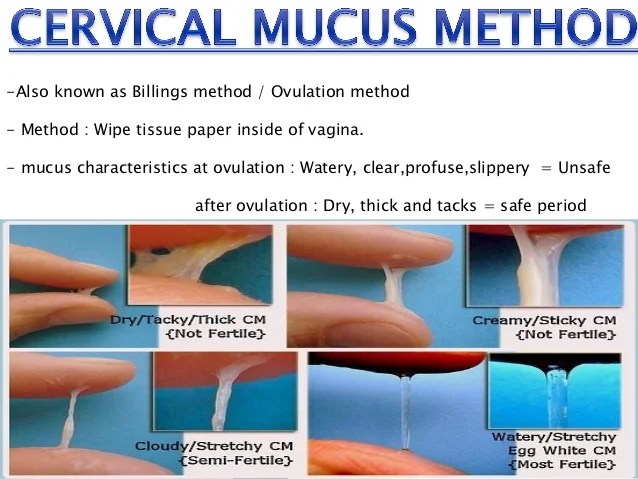 The woman's body simply does not have a mechanism that would tell the brain about it. So, if you woke up with the certainty that today is that very day, these are just mind games that frolicked in a dream with the thought you desired about the joy of motherhood. Although, coincidences also happen :)
The woman's body simply does not have a mechanism that would tell the brain about it. So, if you woke up with the certainty that today is that very day, these are just mind games that frolicked in a dream with the thought you desired about the joy of motherhood. Although, coincidences also happen :)
When will signs of pregnancy appear after ovulation and conception?
Reliable - not soon. A regular pregnancy test will show two cherished strips only after a delay, a test with increased sensitivity or laboratory analysis - 3-4 days earlier. The final confirmation with the help of ultrasound will have to wait another couple of weeks.
Do not expect pregnancy symptoms immediately after ovulation. While the fertilized egg slowly gets from the fallopian tube to its destination, almost no changes occur in the body. The first signs of pregnancy will appear only 6-10 days after ovulation, when the embryo attaches to the wall of the uterus 7 . And they will be almost invisible:
-
Change in basal body temperature.
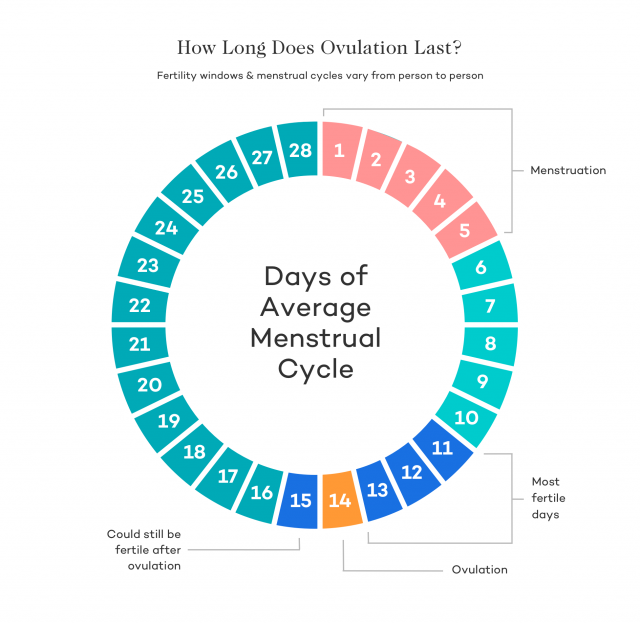 If you have been measuring your basal temperature all this time, you will notice a slight drop on the chart, and then a rise to a new, higher level.
If you have been measuring your basal temperature all this time, you will notice a slight drop on the chart, and then a rise to a new, higher level. -
Implantation bleeding. In the process of attaching the embryo to the wall of the uterus, the endometrium is damaged - its inner mucosa. In this case, the expectant mother may notice slight spotting.
-
Pain or cramps in the lower abdomen. Along with bleeding, mild pain may come. Therefore, women often attribute these first signs of pregnancy to early menstruation.
Why did not conception occur after ovulation?
You tried to get pregnant, but your next period started right on time. Why did it happen? Only your doctor can accurately answer this question, but we will list some likely causes.
-
Anovulatory cycle. Some menstrual cycles do not ovulate and this is perfectly normal 8 . They are called anovulatory and are needed by the body so that it can take a little break from the constant preparation for pregnancy.
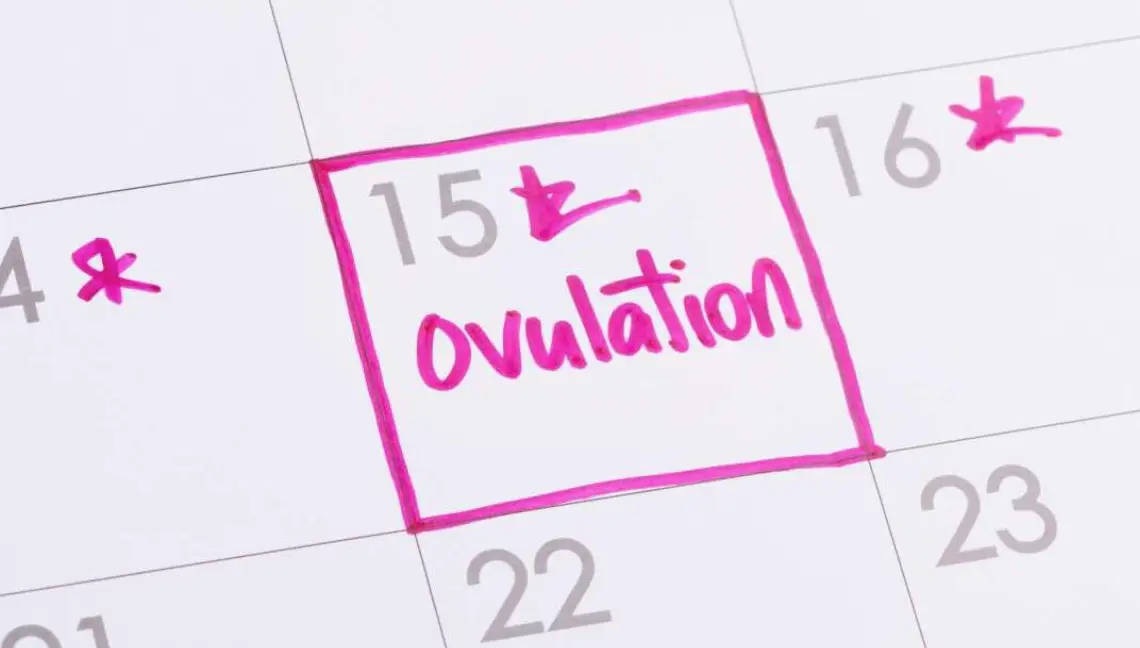 During the year, a woman experiences 1–2 anovulatory cycles.
During the year, a woman experiences 1–2 anovulatory cycles. -
Gynecological diseases. Sometimes conception after ovulation does not occur because the woman has gynecological diseases. Inflammation of the ovaries, blockage of the fallopian tubes, and some other conditions can significantly reduce the likelihood of pregnancy, and under certain conditions, even make conception impossible. A gynecologist can identify such diseases and prescribe treatment.
-
Immune or autoimmune reactions. Spermatozoa are very unusual cells. They contain only half of the chromosome set, and from the point of view of the immune system, they look like mutants. Everything is so bad that nature even had to collect them in special refrigerated bags and hang them outside the man's body. In some cases, the immune mechanisms of a woman can deal with spermatozoa at the time of passage of the cervix 9 . Autoimmune reactions also occur when a man's body destroys them.
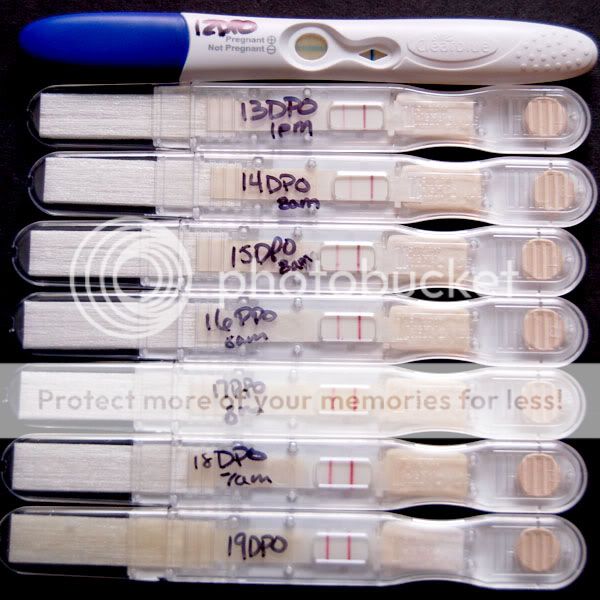 If the doctor considers that this may be the reason for unsuccessful attempts at conception, he will prescribe tests for both the expectant mother and the future dad.
If the doctor considers that this may be the reason for unsuccessful attempts at conception, he will prescribe tests for both the expectant mother and the future dad. -
Poor semen quality. After intercourse, spermatozoa will have to overcome the champion's obstacle course - survive in the aggressive environment of the vagina, break through the cervical mucus in the cervix, get to the right fallopian tube, destroy the protection of the egg. If the spermatozoa of the future dad are not very active, they can go the distance before conception. To exclude this cause, it is necessary to make a spermogram.
When conception occurs after ovulation, future parents take it for granted. If pregnancy does not occur, they often begin to panic and think with horror that they will never hear ringing children's laughter and light steps of tiny legs in their house. Drive unconstructive thoughts away - many couples were able to conceive far from the first time. Try again next month.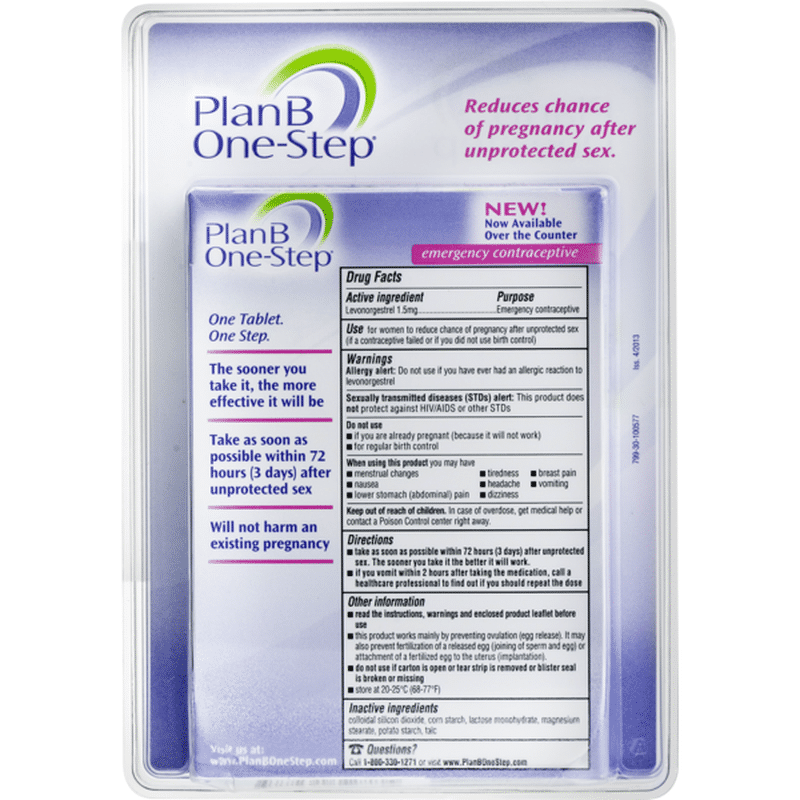 We believe you will definitely succeed!
We believe you will definitely succeed!
Links to sources:
-
Ovaries: follicles, growth and development disorders.
-
Pansky, Ben (1982), "Chapter 12: Fertilization", Review of MEDICAL EMBRYOLOGY.
-
Depares J, Ryder RE, Walker SM, Scanlon MF, Norman CM (1986). Ovarian ultrasonography highlights precision of symptoms of ovulation as markers of ovulation. Br Med J (Clin Res Ed). 292 (6535): 1562.
-
Chiazze L, Brayer FT, Macisco JJ, Parker MP, Duffy BJ (February 1968). "The length and variability of the human menstrual cycle". JAMA. 203(6): 377–80.
-
"Menstruation and the menstrual cycle fact sheet". Office of Women's Health, USA. December 23, 2014.
-
Clubb E.
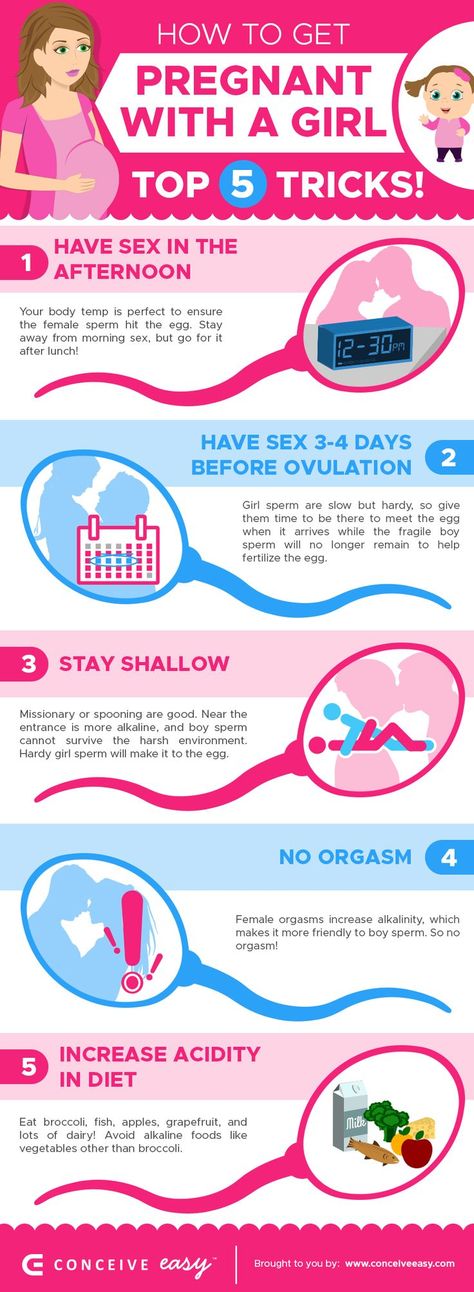 Natural methods of family planning. JR Soc Health. 1986 Aug;106(4):121-6.
Natural methods of family planning. JR Soc Health. 1986 Aug;106(4):121-6. -
Wilcox AJ, Baird DD, Weinberg CR (1999). "Time of implantation of the Conceptus and loss of pregnancy". New England Journal of Medicine. 340(23): 1796–1799.
-
Anovulatory Cycle: Symptoms and Detection.
-
What Are Antisperm Antibodies?
Follow us on Yandex Zen
Top 10 mistakes when trying to get pregnant
Services
Virtual tour. Clinic "ARNIKA"
There are times when doctors did not reveal any abnormalities in you and your partner, but the long-awaited pregnancy still does not occur. And it already seems to you that this is not a natural phenomenon, but the real magic of luck and genetics. For some, pregnancy happens "from the first time", while others turn their lives into a real nightmare.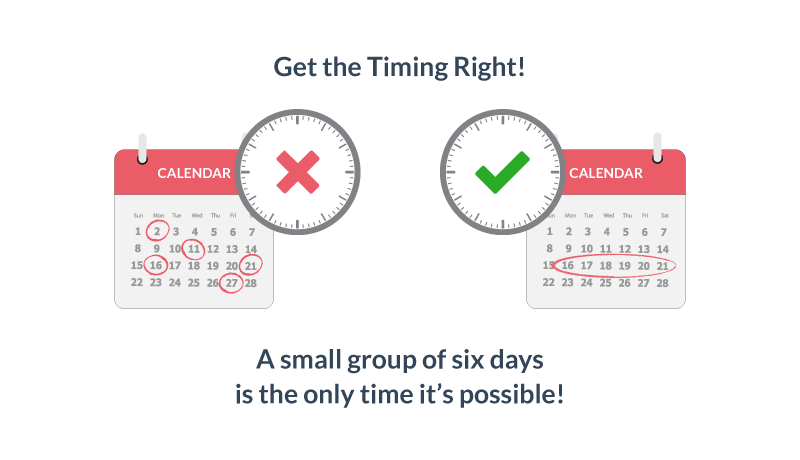
It's all about making similar mistakes, we tell you about the most common of them.
Mistake #1⃣: Worrying too much
Chances are you have at least one friend who, after becoming pregnant, said, “It happened exactly at the moment when I stopped thinking about it.” It's annoying, frustrating, and nerve-wracking, especially when all you want to do is have a baby. Stress can be one of the main reasons you can't get pregnant: high levels of the stress hormone cortisol can negatively impact fertility. Relax and try to let go of the situation for a while. Stop planning your pregnancy so much and remind yourself every day that this is a miracle that actually happens very, very often.
Mistake #2⃣: Doing Too Much/Little
If you're going to do this, do it right! Many couples believe that if you "save" sperm and do not have sex for a week, then the chances of conception will increase significantly. This is not true. After about a week of abstinence, sperm motility is markedly reduced.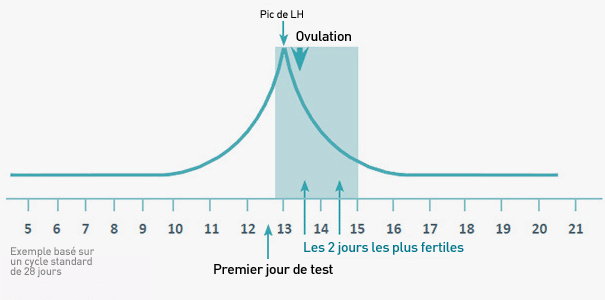 For successful conception, doctors recommend having sex every day or every other day for a week up to and including the day of ovulation. In addition, having regular sex has been proven to help regulate your cycle: your partner's body releases hormones that affect your reproductive system, so having regular sex increases the production of estrogen.
For successful conception, doctors recommend having sex every day or every other day for a week up to and including the day of ovulation. In addition, having regular sex has been proven to help regulate your cycle: your partner's body releases hormones that affect your reproductive system, so having regular sex increases the production of estrogen.
Mistake #3⃣: Use questionable practices
It would seem that the 21st century is in the yard, but many women still continue to believe in the miraculous power of douching. Sperm in such an environment dies and cannot fertilize the egg, which is why many people use a weak solution of soda to make the environment alkaline and create favorable conditions for conception. But doctors are opposed to this method: soda kills not only harmful microorganisms, but also beneficial ones, thus violating the natural pH of the vagina.
Mistake #4⃣: Blaming Yourself
Speaking of infertility, we tend to think that the problem is on the part of the woman.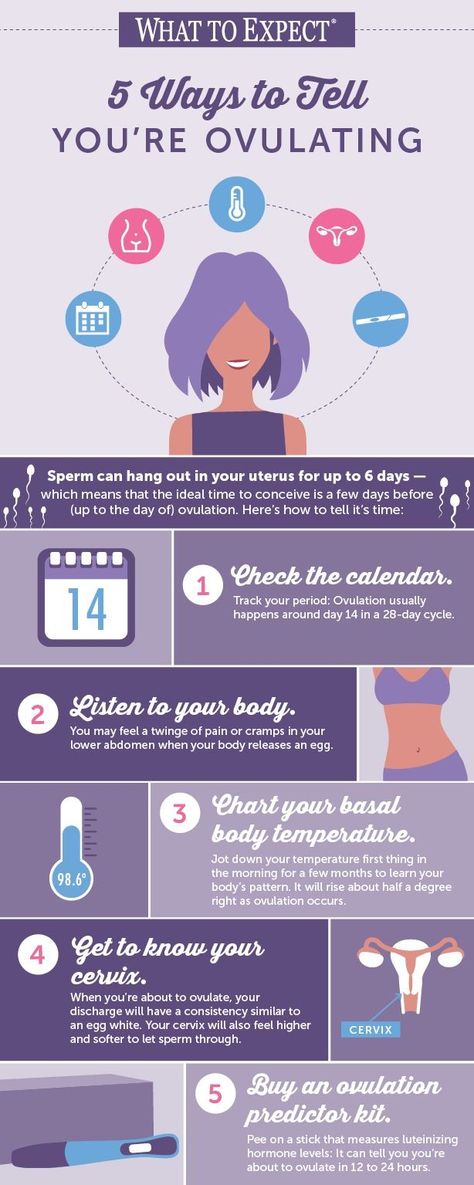 But in fact, the responsibility lies equally on both partners. Doctors say that in 40% of cases of infertility, the cause must be sought on the part of the man, in another 40% - on the part of the woman. The remaining 20% is compatibility, a combination of both partners. But do not panic ahead of time. Remember that it takes 6 months to a year for a healthy couple to successfully conceive.
But in fact, the responsibility lies equally on both partners. Doctors say that in 40% of cases of infertility, the cause must be sought on the part of the man, in another 40% - on the part of the woman. The remaining 20% is compatibility, a combination of both partners. But do not panic ahead of time. Remember that it takes 6 months to a year for a healthy couple to successfully conceive.
Mistake #5⃣: Miscalculating
The most common mistake is the incorrect determination of the day of ovulation. Another common mistake is not counting the beginning of the cycle from the first day of menstruation. The first day of your period is when you bleed. Not the day before, not the day after. For successful conception, the bill goes literally to the clock, which is why it is so important to know the exact day the cycle began.
Mistake #6⃣: Living on a schedule
No matter how hard you try, pregnancy is impossible to plan. As mentioned above, it takes a healthy couple from 6 months to a year to conceive. But many women need half a year just to normalize their cycle after they stop taking contraceptives. Ovulation will not occur until the cycle becomes regular. Therefore, if after 6 months your cycle has not returned to normal or you are not sure that you are ovulating, it is worth visiting a doctor.
But many women need half a year just to normalize their cycle after they stop taking contraceptives. Ovulation will not occur until the cycle becomes regular. Therefore, if after 6 months your cycle has not returned to normal or you are not sure that you are ovulating, it is worth visiting a doctor.
Mistake #7⃣: Hurry
No one knows why so many people are sarcastic about the statement that after intercourse it is advisable to lie on your back with your buttocks slightly raised for about 20 minutes. Doctors unanimously claim that this method increases the possibility of conception by as much as 80%! Therefore, if you want to dance a victory dance after a successful conception, as you think, refrain - at least for 20 minutes.
Mistake #8⃣: Ignoring your “crazy” worries
Maybe you have always had an irregular cycle and because of this you are having difficulty conceiving. Or perhaps you have diabetes and want to make sure everything is under control before you get pregnant.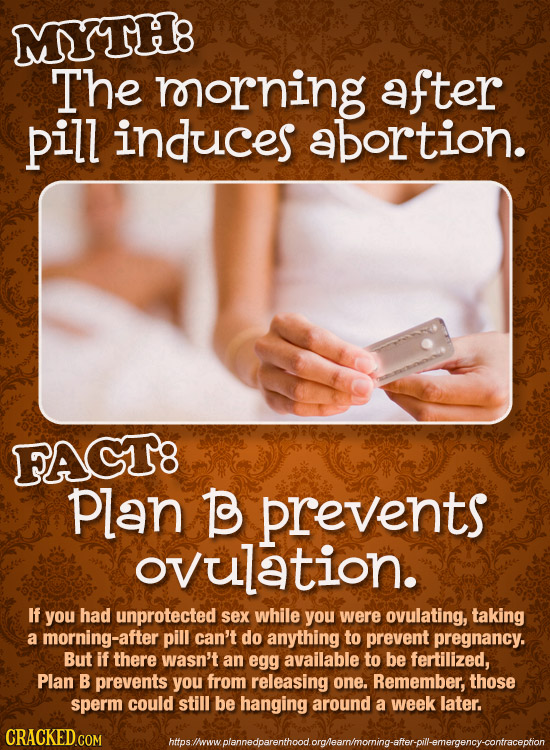 Consulting a specialist does not mean being paranoid! There are situations in which you should not ignore your worries: here you are thinking not only about yourself, but also about your unborn child. If you have any questions or worries, it is better to immediately find a specialist who will explain everything and tell you about the pitfalls that you may encounter specifically on your way. Thus, if you encounter difficulties in trying to get pregnant, you will already be ready for them.
Consulting a specialist does not mean being paranoid! There are situations in which you should not ignore your worries: here you are thinking not only about yourself, but also about your unborn child. If you have any questions or worries, it is better to immediately find a specialist who will explain everything and tell you about the pitfalls that you may encounter specifically on your way. Thus, if you encounter difficulties in trying to get pregnant, you will already be ready for them.
Mistake #9⃣: Not giving up bad habits
A lot has already been said on this topic, but it will still not be superfluous to repeat: it is necessary to give up bad habits at least a year before trying to get pregnant. Why do women continue to drink alcohol and smoke, knowing how detrimental this affects the ability to conceive? Doctors around the world warn: the first trimester is the most important in the formation of the child's body. There is no such amount of alcohol that would be safe for him.

